A tribute to Arjuna Ranatunga
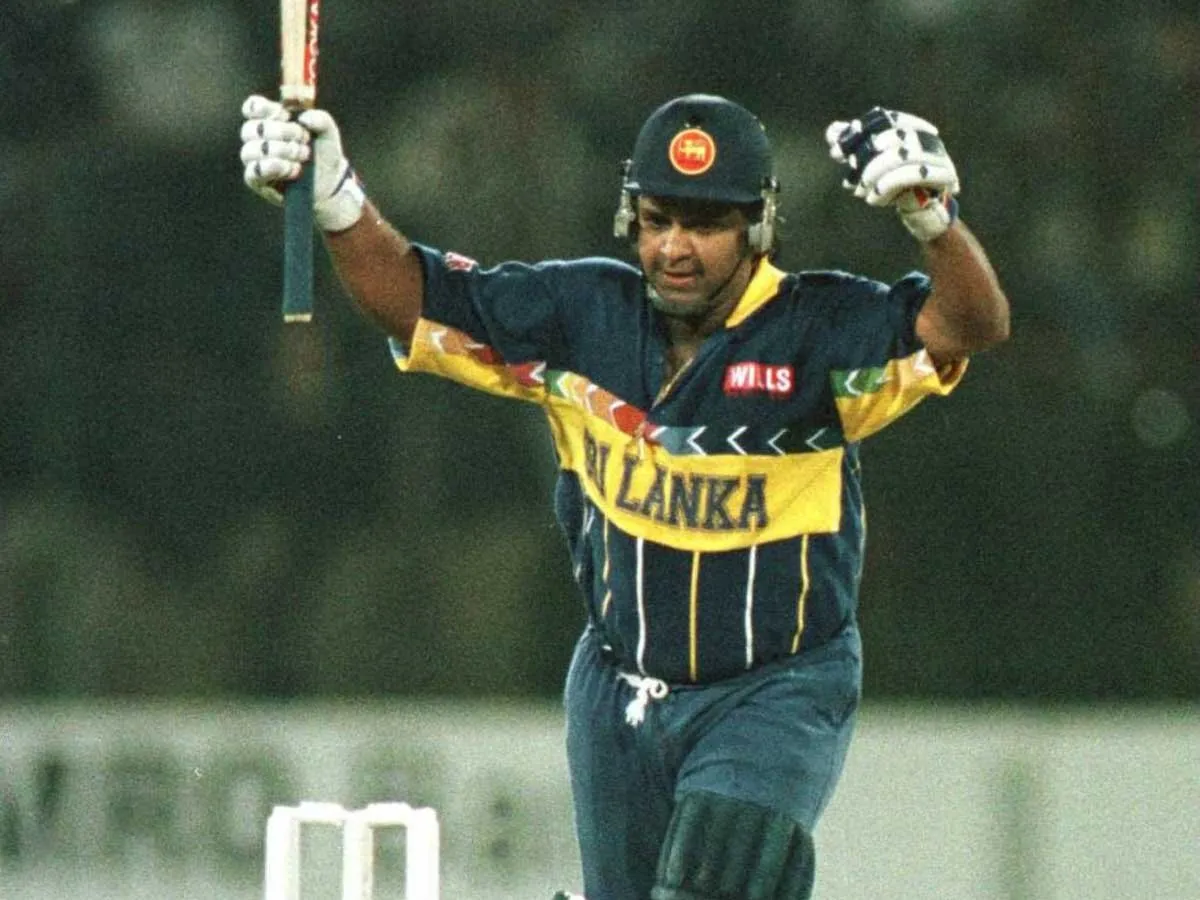
Arjuna Ranatunga is probably the 2nd most popular Sri Lankan cricketer after Muralitharan. His contribution towards Sri Lankan cricket is enormous. He actually made them believe that they can compete

Arjuna Ranatunga is probably the 2nd most popular Sri Lankan cricketer after Muralitharan. His contribution towards Sri Lankan cricket is enormous. He actually made them believe that they can compete
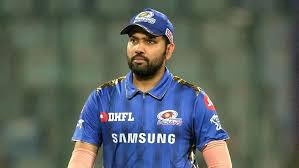
Rohit Sharma is perhaps the most evolved Indian batsman. For someone who started his career as a promising kid with lots of talent, who played some stellar knocks in Australia
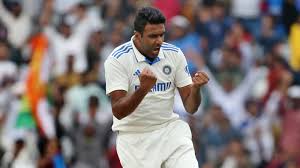
Yes, I do realise that I have been a bitter critic of Ashwin all along. I have commented about how ineffective has he been outside of favourable environments. I have
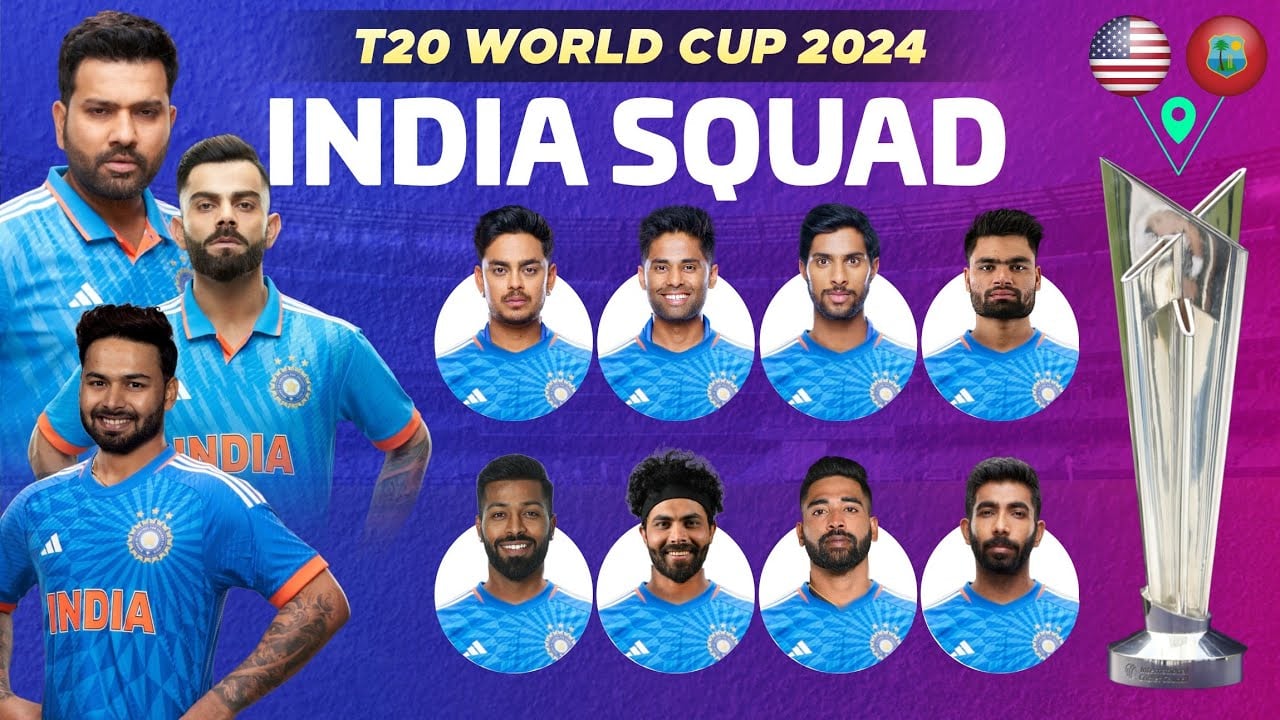
Here it is. The Indian team for the World T20 to be held in the Caribbean has been announced. It is along the expected lines though I would have made
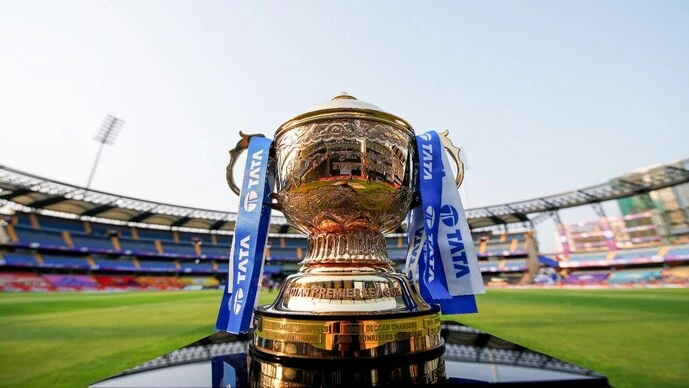
The Impact Sub rule it has procured growing voices of dissent in the IPL. However, it is only one aspect of an otherwise loaded in favour of the batsmen IPL
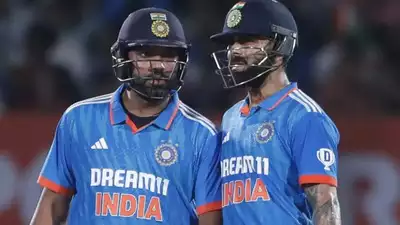
The IPL has more or less become the defacto selection criteria for India. So much so that players who did well in the IPL are even chosen to represent India
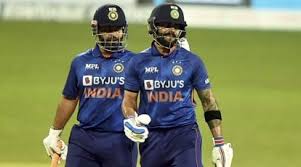
This is about Pant’s return and Kohli’s outburst. This wasn’t the first time nor will this be the last time. Unless Kohli is punished quite heavily, his on-field boorish behaviour
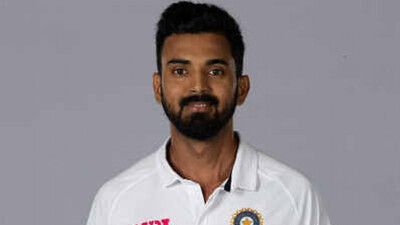
KL Rahul must know better than to open old wounds. Indians have somewhat recovered from the loss to Australia in the final of the 2023 ODI World Cup. Rahul should
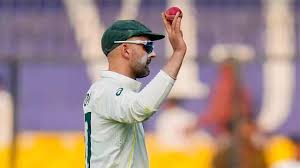
What can you say about a much-maligned bowler who has crossed 500 Test wickets? Nothing needs to be said. Just doff your hat and tell him well bowled. He is
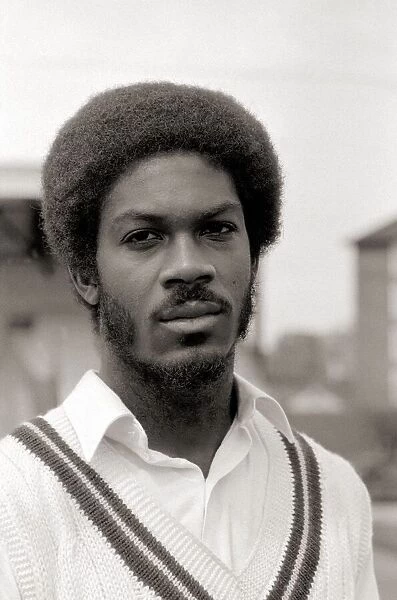
Not for nothing was his bowling known as “Whispering Death”. The smooth run-up to the crease, the gentle action and the clean follow through all belie the pace that he